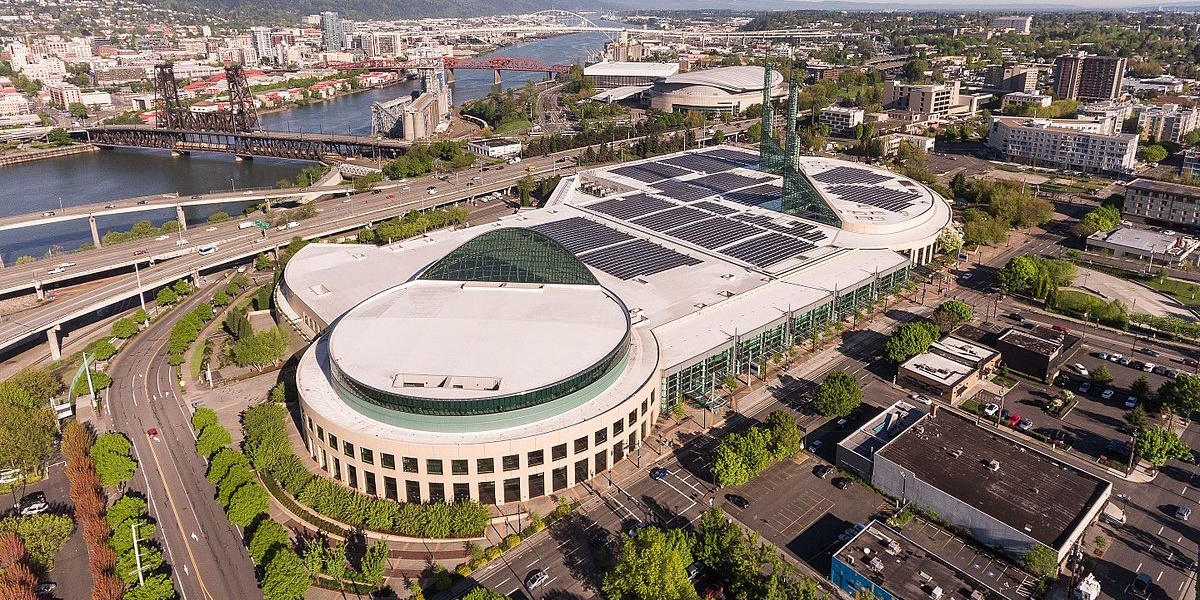April 12, 2024 – Portland, OR – The Food Northwest (FNW) conference, held at the Oregon Convention Center on April 10th and 11th, saw industry leaders gather to discuss the latest trends and innovations in the food processing sector. Among the highlights was a keynote presentation by CTS, on the transformative role of artificial intelligence (AI) in industry as well as carbon reduction.
Representatives from CTS, known for their cutting-edge engineering solutions and commitment to sustainability, took the stage to share insights on how AI can revolutionize the food processing industry by significantly reducing carbon footprints, increasing product throughput and reducing overhead costs. The presentation was a part of the conference’s broader agenda focused on sustainable practices and technological advancements.
Stace Campbell – the President and Chief Technical Officer of CTS and Sean Weech – the Director of Engineering at CTS, both delivered an inspiring keynote address that captivated the audience of food industry professionals, environmental advocates, and technology experts. Doe emphasized the critical need for innovative approaches to tackle climate change, highlighting AI as a powerful tool in achieving sustainability goals.
During the keynote, Campbell and Weech detailed how AI technologies can optimize energy use, streamline operations, and reduce waste in food processing facilities. They illustrated case studies where CTS had started to implement AI-driven solutions to enhance energy efficiency and minimize environmental impact.
“We are at a pivotal moment where technology and sustainability intersect,” Campbell stated. “AI offers unprecedented opportunities to monitor and optimize processes in real-time, leading to significant reductions in carbon emissions and operational costs.”
CTS showcased several AI applications that have the potential to make a substantial impact:
- Predictive Maintenance: AI algorithms predict equipment failures before they occur, reducing downtime and energy waste.
- Process Optimization: Real-time data analysis helps adjust operational parameters for maximum efficiency, lowering energy consumption.
- Supply Chain Management: AI enhances the efficiency of supply chains by predicting demand and optimizing logistics, reducing carbon emissions associated with transportation.
Weech provided a technical deep dive into the specific AI tools and methodologies employed by CTS. He explained how machine learning models analyze vast amounts of data from sensors and IoT devices to provide actionable insights and automate decision-making processes.
The presentation by CTS was met with enthusiastic response, with several attendees acknowledging the potential for such innovations in the food processing industry. The integration of AI not only promises to reduce carbon footprints but also to drive profitability and operational excellence.
As the Food Northwest conference concluded, the conversations sparked by CTS’s keynote continued to resonate. Many companies expressed interest in exploring AI-driven solutions to enhance their sustainability efforts. CTS, with its proven expertise and forward-thinking approach, is poised to lead this technological revolution within the food processing industry.
CTS’s participation in the Food Northwest conference underscores their role as a thought leader in engineering and sustainability. Their commitment to leveraging AI for carbon reduction sets a benchmark for the industry, demonstrating that innovative technology is integral to a sustainable future.

